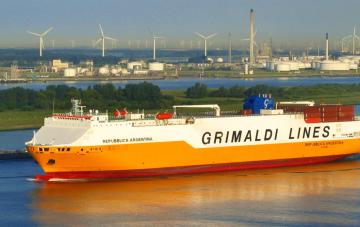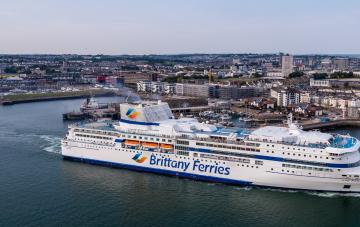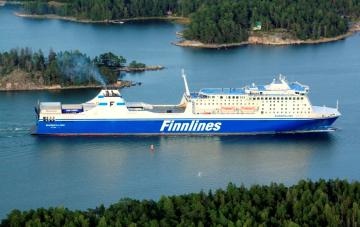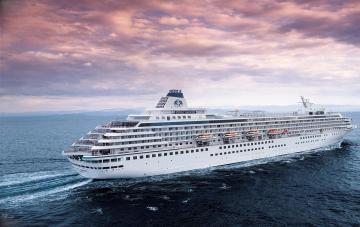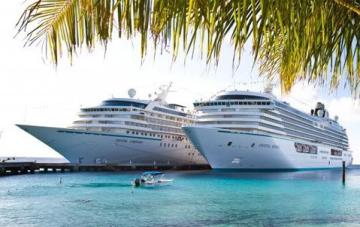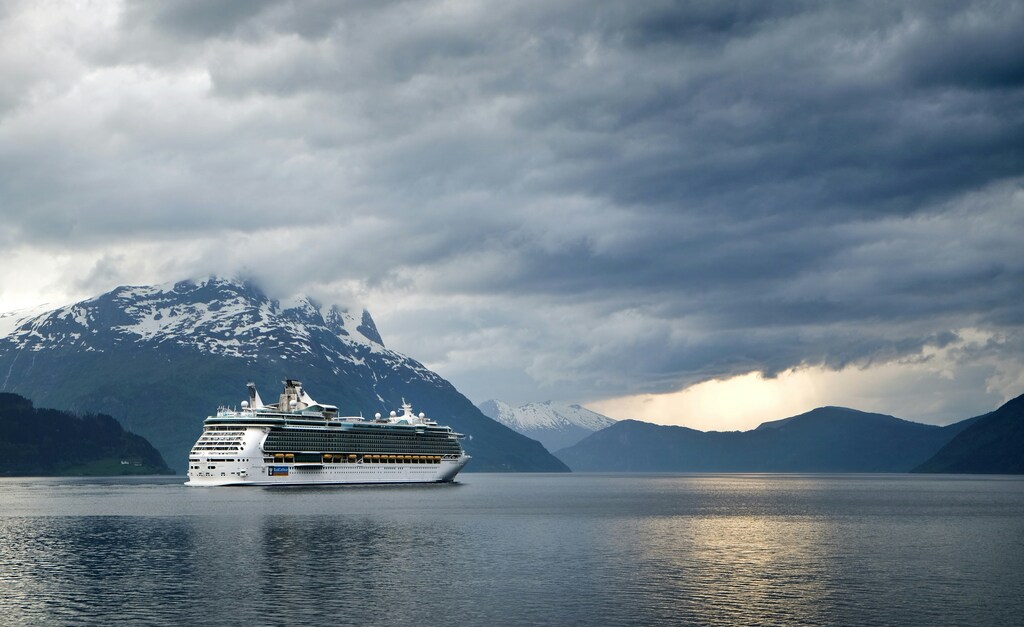
Embarking on a journey through the diverse and picturesque landscapes of Europe, one finds that ferries offer a unique and captivating mode of travel. From the northern reaches of Helsinki to the historic heart of Rome, Europe's extensive ferry network provides an intimate glimpse into its coastal charm and maritime heritage. These routes not only connect travelers to stunning destinations but also offer an immersive experience of the continent’s natural beauty and cultural diversity.
Helsinki, the vibrant capital of Finland, serves as a gateway to the Baltic Sea, with ferry routes linking it to various destinations such as Tallinn, Stockholm, and St. Petersburg. These voyages reveal the serene beauty of the Nordic countries, where passengers can witness the enchanting archipelagos and the mesmerizing play of light on the sea. The journey from Helsinki to these neighboring cities encapsulates the essence of northern Europe's seafaring traditions and modern connectivity.
As one ventures further south, the Mediterranean Sea presents an entirely different maritime experience. Italy's extensive ferry network connects its many islands and coastal cities, with Rome standing as a central hub. The routes from Rome to destinations such as Sardinia, Sicily, and the Greek Isles offer a blend of historical exploration and leisurely travel. Each ferry ride in this region promises a passage through waters steeped in history, with views of ancient ruins, picturesque villages, and sun-drenched coastlines.
Traveling by ferry from Helsinki to Rome, one can experience the rich tapestry of Europe’s coastal regions. These journeys not only bridge geographical distances but also cultural and historical ones, allowing travelers to delve into the unique stories and traditions of each port of call. Whether navigating the icy waters of the north or the warm, azure waves of the south, Europe's ferry routes offer an unparalleled adventure, merging the thrill of exploration with the tranquility of the sea.
Ferry Travel Across Europe
Exploring Europe by ferry offers a unique and scenic way to traverse the continent. With numerous routes connecting various countries, ferry travel allows you to experience breathtaking coastal landscapes, vibrant cities, and charming islands. This mode of transportation is not only enjoyable but also practical, providing direct access to many destinations that might be challenging to reach otherwise.
Popular Ferry Routes
Several ferry routes stand out due to their popularity and the unique experiences they offer. Here are some of the most notable ones:
- Helsinki to Stockholm: This route connects Finland and Sweden, offering stunning views of the Baltic Sea and a chance to explore two vibrant capitals.
- Barcelona to Palma de Mallorca: Traveling from mainland Spain to the Balearic Islands, this route is perfect for those seeking sun, sea, and Spanish culture.
- Venice to Patras: Experience the Adriatic Sea and travel from the historical city of Venice in Italy to the Greek port of Patras, a gateway to the Peloponnese.
Benefits of Ferry Travel
Ferry travel across Europe comes with several advantages:
- Scenic Views: Ferries often provide panoramic views of the sea, coastlines, and islands, making the journey as enjoyable as the destination.
- Comfort and Amenities: Modern ferries are equipped with comfortable seating, dining options, and entertainment facilities, ensuring a pleasant travel experience.
- Flexibility: Many ferry routes offer frequent departures, allowing travelers to choose times that best fit their schedules.
- Accessibility: Ferries can reach destinations that are inaccessible by other means of transportation, such as remote islands and coastal towns.
Whether you're planning a leisurely vacation or looking for an efficient way to travel between countries, ferry routes across Europe provide a unique and enjoyable travel option.
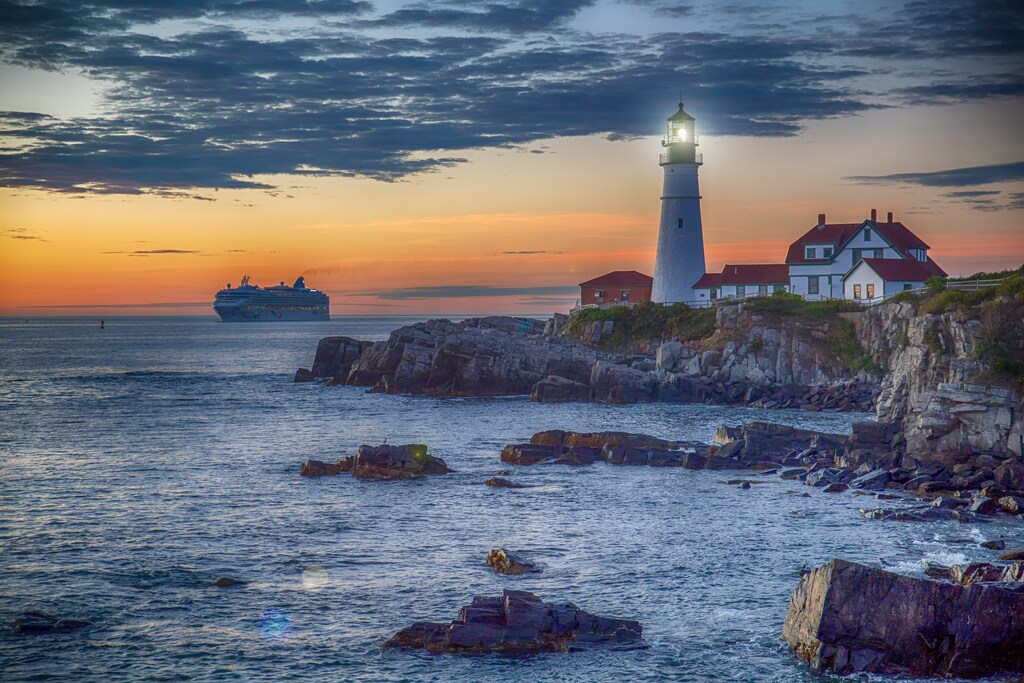
Discovering Northern Routes: Helsinki to Stockholm
The ferry route from Helsinki to Stockholm is one of the most popular and scenic journeys in Northern Europe. This route not only connects two vibrant capital cities but also offers a delightful maritime experience across the Baltic Sea.
Why Choose the Helsinki to Stockholm Ferry?
- Scenic Views: The journey offers breathtaking views of the Baltic archipelagos, with countless islands and islets dotting the sea.
- Comfort and Convenience: Modern ferries are equipped with luxurious amenities, ensuring a comfortable trip with options for dining, entertainment, and relaxation.
- Cultural Experience: Travelers get a taste of both Finnish and Swedish cultures, from the saunas of Finland to the historic charm of Stockholm.
Onboard Experience
Beliebte Artikel
The ferries on this route are more than just a means of transportation; they are floating resorts offering a wide range of activities and services.
- Dining: Enjoy gourmet meals at onboard restaurants, featuring both local and international cuisine.
- Entertainment: There are shows, live music, and even discos to keep passengers entertained throughout the journey.
- Shopping: Duty-free shops offer a variety of goods, from cosmetics to souvenirs.
- Wellness: Many ferries have spa facilities, where passengers can relax in saunas, jacuzzis, and get massages.
Whether you're traveling for business or leisure, the ferry route from Helsinki to Stockholm provides a unique and enjoyable way to traverse the Baltic Sea, offering a blend of natural beauty, comfort, and cultural richness.
Central Europe by Sea: Baltic to Adriatic
Exploring Central Europe by sea offers a unique and picturesque journey from the cold, bracing waters of the Baltic Sea to the warm, azure waves of the Adriatic Sea. This route provides a captivating blend of cultures, landscapes, and historical landmarks, weaving through countries rich in maritime heritage and natural beauty.
The Baltic Sea: Gateway to Central Europe
The journey typically begins in the Baltic Sea, with major port cities such as Gdańsk in Poland and Riga in Latvia serving as key departure points. These cities are steeped in history, offering travelers a chance to explore medieval architecture, bustling markets, and vibrant cultural scenes before setting sail. The Baltic coastline is dotted with stunning islands, including Sweden's Gotland and Estonia's Saaremaa, where travelers can enjoy scenic landscapes and quaint villages.
From the Danube to the Adriatic
After navigating the Baltic, many routes lead southward through interconnected river systems, notably the Danube. This major European artery flows through several Central European capitals, including Vienna, Bratislava, and Budapest. Each of these cities presents its own unique charm, from Vienna's grand imperial palaces to Budapest's thermal baths and vibrant nightlife.
Continuing the journey, travelers may pass through the historic Iron Gates, a gorge on the Danube River, before reaching the Black Sea. From here, a brief overland transfer or canal navigation can connect voyagers to the Adriatic Sea. The Adriatic coastline, with its crystal-clear waters and idyllic seaside towns such as Dubrovnik and Split in Croatia, offers a stark contrast to the Baltic, featuring Mediterranean warmth and a relaxed atmosphere.
Whether traveling for adventure, relaxation, or cultural immersion, the route from the Baltic to the Adriatic encapsulates the essence of Central Europe. The diversity of experiences and the seamless transition from the north's rugged coasts to the south's tranquil shores make this maritime journey an unforgettable odyssey.
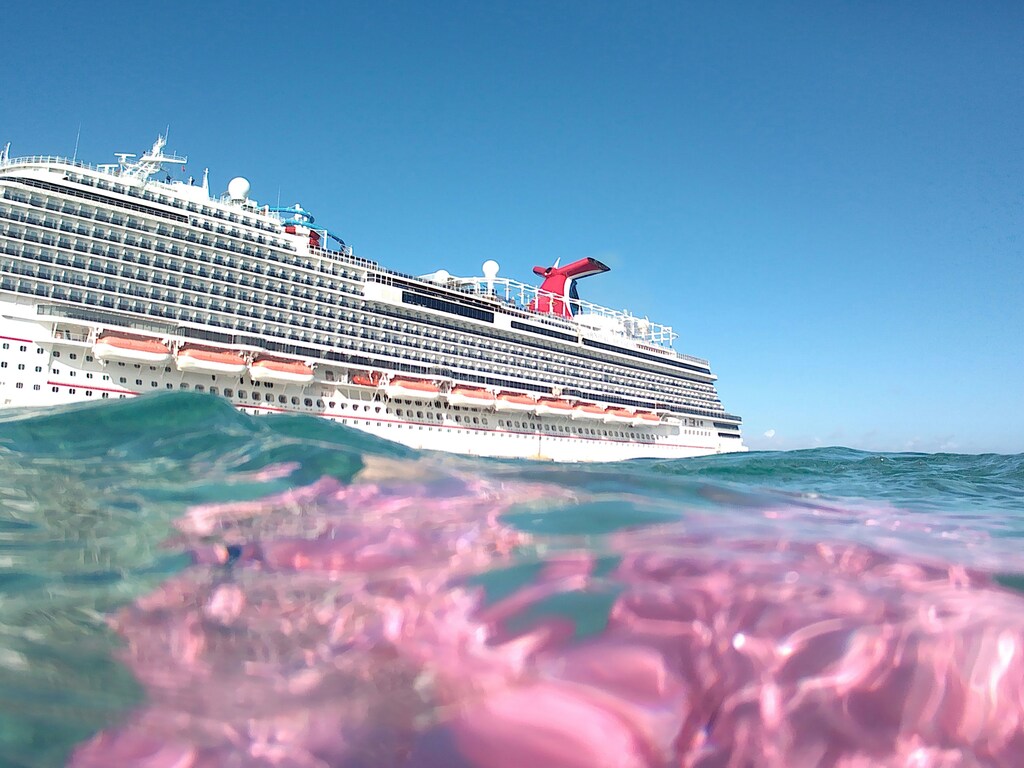
Southern Adventures: Rome and Beyond
Rome, the Eternal City, is a historical and cultural marvel that serves as a gateway to the enchanting regions of Southern Italy. While the Colosseum, Vatican City, and the Roman Forum are must-see attractions, there's so much more to explore beyond Rome's ancient walls.
Venturing south, travelers will find themselves amidst the rolling hills and picturesque landscapes of the Italian countryside. The region of Campania, just a few hours from Rome, offers the stunning Amalfi Coast, where cliffs meet the sea in a breathtaking display of natural beauty. Towns like Positano and Amalfi, with their colorful buildings and vibrant culture, provide a perfect retreat from the hustle and bustle of Rome.
Further down the coast lies the city of Naples, renowned for its rich history and as the birthplace of pizza. Naples is a bustling metropolis with a unique charm, offering access to the ancient ruins of Pompeii and Herculaneum, both preserved under volcanic ash from Mount Vesuvius' eruption in AD 79. Exploring these archaeological sites gives a profound glimpse into life during the Roman Empire.
For those seeking a more tranquil experience, the island of Capri beckons with its crystal-clear waters and luxurious ambiance. Accessible by ferry from Naples, Capri is famed for the Blue Grotto, a mesmerizing sea cave illuminated by azure light. The island's rugged coastline and upscale boutiques make it a favorite destination for both relaxation and indulgence.
Another gem of Southern Italy is Sicily, an island rich in history and culture. From the bustling streets of Palermo to the ancient temples of Agrigento, Sicily offers a diverse array of experiences. The island's unique blend of Greek, Roman, and Norman influences is evident in its architecture, cuisine, and traditions. Don't miss the opportunity to hike Mount Etna, one of the world's most active volcanoes, for an adventurous twist to your journey.
Whether it's the historical allure of Rome, the coastal beauty of the Amalfi Coast, the cultural richness of Naples, the luxury of Capri, or the diverse wonders of Sicily, Southern Italy promises an unforgettable adventure. Each destination, easily accessible by various ferry routes, offers its own unique charm and contributes to a comprehensive and enriching travel experience.
